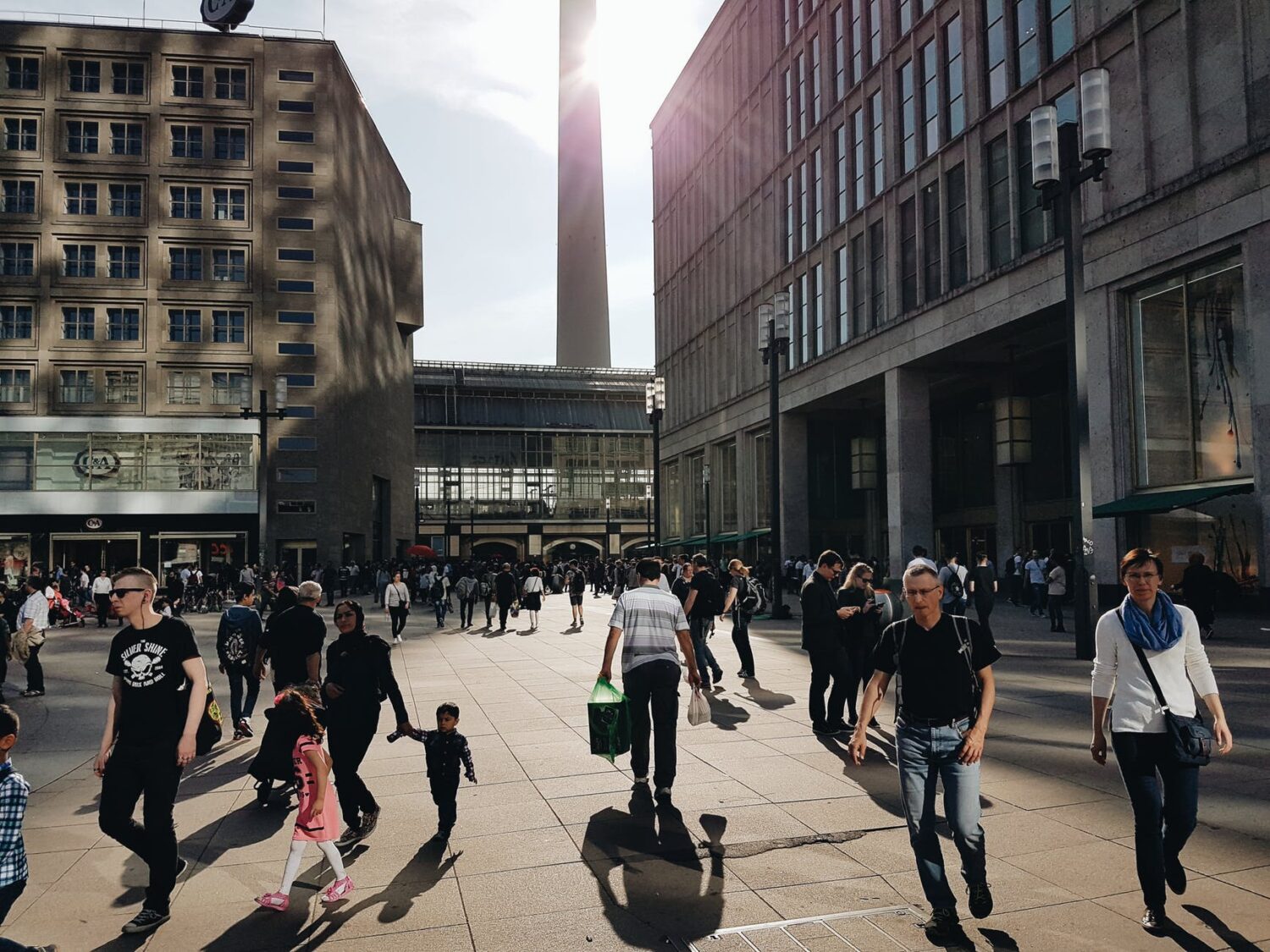
Who Would be Affected by the New Public Charge Rule?
In a previous article (“What Will Change under the New Public Charge Rule?”) we discussed the public charge concept, and the changes that are to be implemented under the Trump administration’s new policy, which took effect on October 15, 2019.
Who would be affected by this policy change?
- Green card applicants in the U.S. – individuals applying based on family relationships and/or sponsored by a U.S. employerNote: The new policy does not apply to refugees, asylees, victims of crime, victims of domestic violence, and other special categories.
- Temporary nonimmigrant visa applicants in the U.S. – individuals applying to extend their non-immigrant visa (i.e. visitor visa), or applying to change their non-immigrant visa to a new category (i.e. visitor visa to student visa; or student visa to H-1B visa for skilled worker).
As the new public charge rule would create an entirely new income requirement for visa applicants (not just their financial sponsors) and set this household income threshold as high as 250% of the Federal Poverty Guidelines, it has been predicted to have the following implications:
- Nearly half of the marriage green card applicants could get denied, forcing 200,000 couples each year to either live apart indefinitely, or leave the U.S. altogether. (Source: Boundless Immigration)
- More than half (57%) of all family based green card applicants could get denied under the public charge rule’s income requirement. (Source: Migration Policy Institute)
- Nearly half (47%) of all family based green card applicants could get denied based on prior use of government benefits. (Migration Policy Institute)
- The new policy would result in disproportionate effects based on national origin and ethnicity, blocking 71% of applicants from Mexico and Central America, 69% from Africa, and 52% from Asia; but only 36% from Europe, Canada, and Oceania. (Source: Migration Policy Institute)
If you have any questions about the “public charge policy” or any other immigration matter, contact our attorneys at the Law Offices of Azita M. Mojarad, P.C. Our experienced immigration attorneys can advise you on what actions to take to avoid jeopardizing your ability to obtain the immigration benefits you seek.



